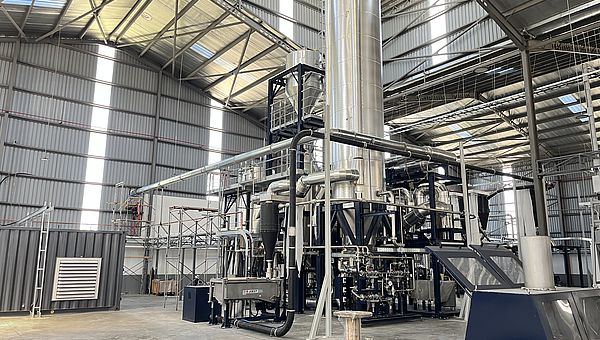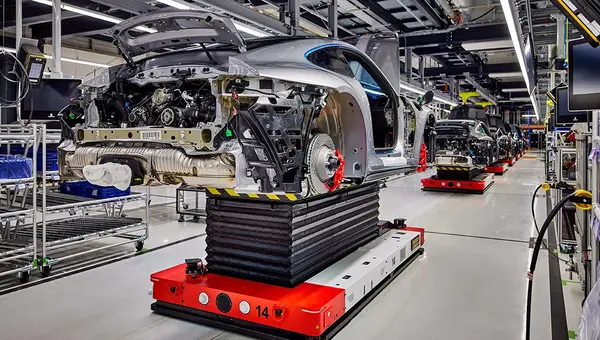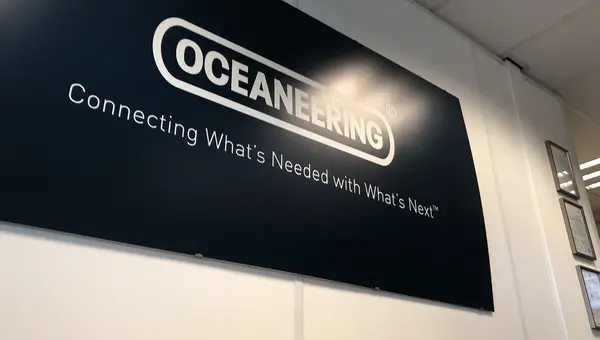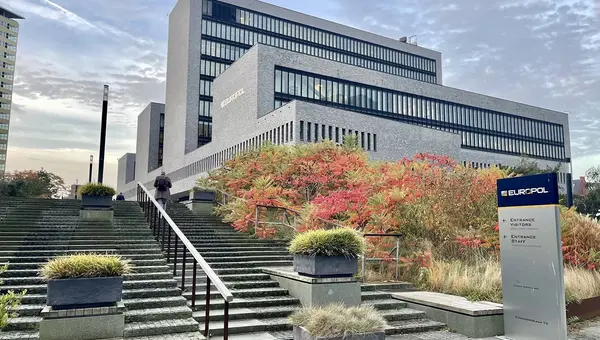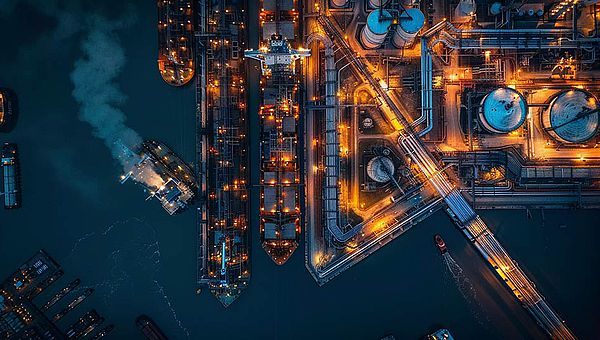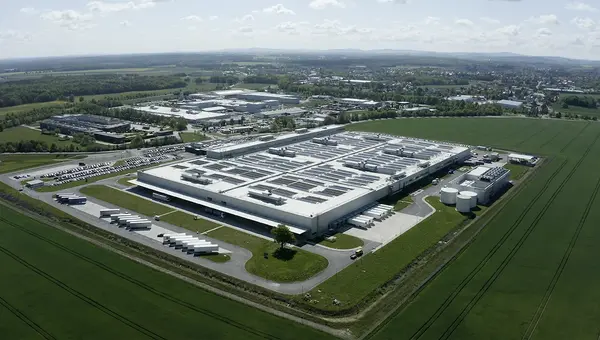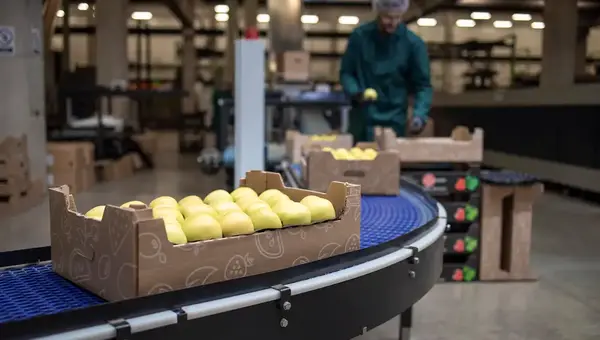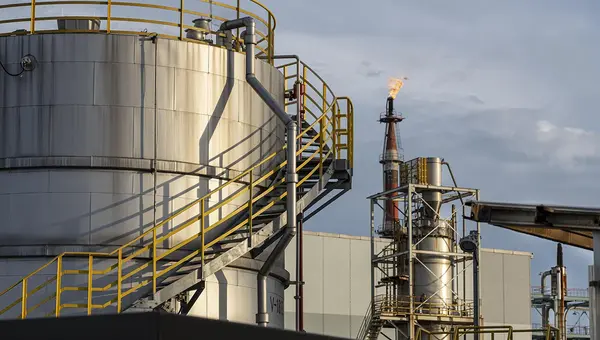Scaling Plastics Recycling Operations for Recycling & Waste Management
| Project owner: | Plastics Recycling Company |
| Project industry: | Recycling & Waste Management |
| Project services: | Project Management |
| Project completion: | 2025 |
| Project duration: | 36 Months |
| Contracted Entity: | Waste2Value Eco |
Results
- The recycling capacity was successfully expanded from 4KT to 20KT per year, significantly increasing the company’s ability to process plastic waste.
- The project was completed with minimal incidents onsite.
- The project was delivered within budget and on schedule, despite its complexity.
- Sustainability goals were met, with improved energy efficiency, reduced emissions, and enhanced waste management practices.
- The optimized facility layout and design maximized operational efficiency, positioning the company for future growth.
Discover More Experiences
Explore our experience in this industry that have helped companies tackle real-world challenges.
1/3
